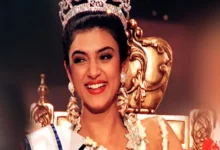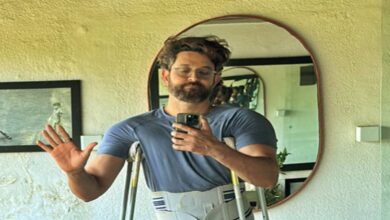Recording Co’s appeal at Madras HC clouds the 4.5K songs of Ilaiyaraaja
The Madras High Court’s Adivision Bench has decided that any business dealings involving the approximately 4,500 movie songs that famous composer R. Ilaiyaraaja composed would be decided by the outcome of an appeal in a case brought by Echo Recording Private Limited.

The interim ruling was issued on Wednesday by the Second Division Bench, which is composed of Justices R. Mahadevan and Mohammed Shaffiq. Nonetheless, the bench acknowledged the composer’s moral authority over his works.
The appeal hearing has been rescheduled during the second week of June.
Senior attorney Vijay Narayan argued on behalf of the appellant that a composer could not maintain ownership of music he had written after accepting payment from a movie producer. The senior attorney often cited passages from the 1957 Copyright Act.
He maintained that Echo Recording had acquired the song rights from many film producers and contended that the music copyright would belong to the movie creators.
According to Narayan, these circumstances make it impossible for the composer to use such songs for commercial gain by licensing them to music streaming services like Spotify.
In a 2014 civil litigation before a single court, the senior attorney for Echo Recording said that Ilaiyaraaja should have presented all of the agreements between him and the movie producers.
None of these agreements, according to Narayan, had been filed with the courts.
Senior attorney Satish Parasaran, who was defending the music maestro, used Section 17 of the Copyright Act in support of his argument that his client’s works will always be protected by copyright, independent of any contracts made with the film makers.
According to Parasaran, Ilaiyaraaja has the copyright as the composer. He also said that in the event that his title was contested, the petitioners would need to provide proof of employment.
“Your Lordships can generally take my word that a music composer is never an employee by the very innate work that is involved,” he remarked.
Given that words are a crucial component of a song, Justice Mahadevan questioned whether Ilaiyaraaja could also have a claim to the lyrics, which had been written by another person.
He inquired as to whether the composer would limit his claim to the musical notes alone or pursue it for the words as well.
According to Ilaiyaraaja’s attorney, lyricists get royalties regardless of whether the composer or the film producer makes money off of the songs.
He informed the court that Sony Music, which had brought a lawsuit against Ilaiyaraaja in the Bombay High Court, had purchased the rights from Echo Recording.
Furthermore, according to Parasaran, Sony Music has told the Bombay High Court that Ilaiyaraaja no longer has any rights and is unable to even play his own music.
Additionally, he said that Sony Music was saying that an accomplished musician like Ilaiyaraaja was unimportant and that this was unacceptable.






